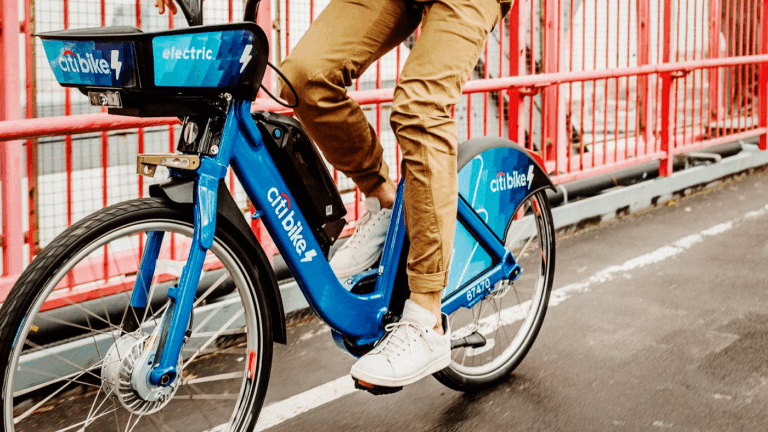Ride-hailing company Lyft has partnered with Ericsson and Deutsche Telekom to manage connectivity for tens of thousands of its e-bikes and scooters. By utilising the Ericsson IoT Accelerator platform, Lyft can ensure reliable and secure global connectivity, allowing for real-time data transmission for efficient fleet management and reducing theft and loss. By mid-2023, the company aims to have over 20,000 connected micromobility vehicles through the collaboration.
According to Ericsson’s Micromobility report, the shared bikes and scooters market is expected to grow at a compound annual growth rate of 16% between 2019 and 2027. Reliable and well-managed cellular connectivity is key to enabling this transportation ecosystem, which provides efficient, affordable and sustainable ways of getting around urban centres.
READ ALSO:
Plus One Robotics raises $50 million in Series C funding led by Scale Venture Partners
Jeanette Irekvist appointed President of Ericsson Canada
Cross Switch Ghana granted approval as Enhanced Payment Service Provider by Bank of Ghana
“In partnership with Ericsson and Deutsche Telekom, we have been able to implement industry-leading connectivity and global IoT management, improving our ability to manage large fleets of vehicles but also—more importantly—improving the rider experience”, said David Foster, EVP and Head of Transit, Bikes and Scooters, Lyft. “With over 2 million new riders last year alone, it is more important now than ever that our micromobility vehicles are always online and ready to go”.
The Ericsson IoT Accelerator platform ensures a smooth connection and user experience, enabling Lyft to connect people through transit and achieve its goal of providing the mobility solutions that riders love and cities need. Lyft operates in many of the largest micromobility hubs in the US and has fostered a culture of bike riding in cities, especially for trips under three miles and first- and last-mile solutions in conjunction with public transit.




